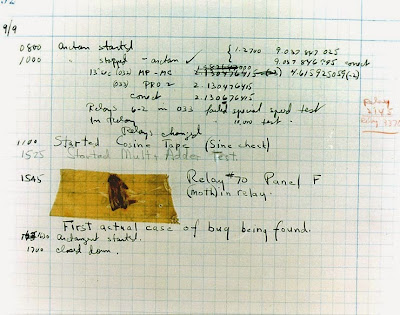The answer is yes. Once again - YES. No digital device is safe from exploit, and while some are more susceptible than others simply because of their market share (Windows machines are still the most frequently targeted), any machine can be targeted. Even dedicated systems like those used to run power plants are vulnerable. Remember, you can't have 100% security.
Keeping that in mind, here is a fascinating yet technical article about watching attackers take over a Linux-based machine, Linux being an open-source alternative to Windows. It was often considered invulnerable, but it appears that's not the case. Be sure to note that the researcher who has set up this machine has configured it as what is known as a honey-pot server which is used as a fake target to entice attackers and trap or at least misdirect them. So the box was set up specifically to trap and monitor the activities of attackers.
And as a final holiday send-off, here are a bunch of robots dancing to Christmas songs. Happy holidays!
Robot Christmas dance by kj1983








